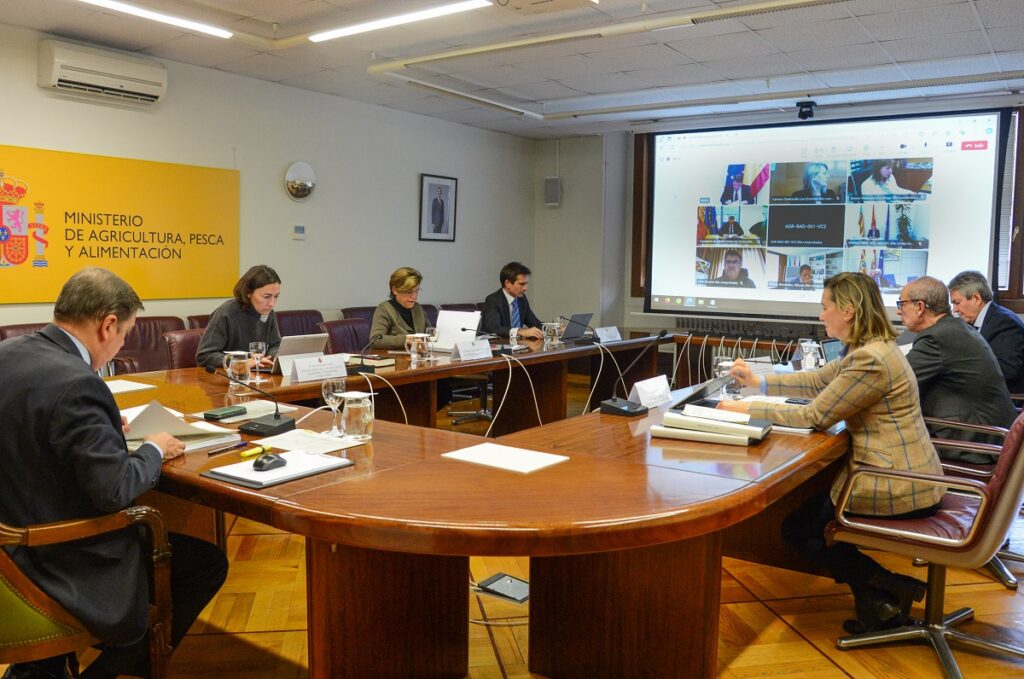The Minister of Agriculture, Fisheries and Food, Luis Planas, has chaired the Sectoral Conference on Agriculture and Rural Development that has approved the National Plan against Antibiotic Resistance for the three-year period 2025-2027 in what affects primary production and animal health.

During the meeting, in which the autonomous communities are represented, the minister has detailed that this national strategy is aligned with the European Union action plan on Antimicrobial Resistance “One Health” and with the Global Action Plan on Antimicrobial Resistance and the new European roadmap on antimicrobial resistance (2023-2030).
Luis Planas recalled that the previous plans have seen a significant reduction in the use of antibiotics in the European Union (69.5% in veterinary medicine and 17% in human medicine) and Spain has become the first Member State in reducing the consumption of antibiotics in animal health and the third in human health.
Among the measures proposed, it is included to continue with the promotion of the Programs for the Optimization of the Use of Antimicrobials (PROA), both for production animals and for small animals. To this end, the ministry is working on the measures included in the royal decree on the sustainable use of antibiotics and the Presvet computer tool will be used as a key element, which allows the use of antibiotics at farm level to be known and corrective measures to be applied if necessary.
According to the latest data from Presvet, there has been a significant reduction in the use of antibiotics in livestock: specifically 53% from 2020 to 2023 (over 70% in rabbits and around 80% in sheep). Furthermore, the percentage of use of antibiotics considered critical for the treatment of infections in human health is at a low level in veterinary medicine, around 2%.
Luis Planas has underlined the increase in the surveillance of zoonotic and commensal bacteria to assess the appearance and evolution of resistance to antibiotics in livestock with its possible impact on humans as well. According to the minister, “the results of this surveillance are beginning to be encouraging with progress in the reduction of antimicrobial resistance in food-producing animals.”
However, some growing trends of resistant strains are observed in some Salmonella serotypes, “which indicates that we must continue working and that there is still a long way to go,” concluded Planas.
The minister has announced the formal creation within the plan of a working group on prevention and control of infections led by the Ministry of Agriculture, Fisheries and Food. It will integrate all the work carried out by the ministry in the application of management, hygiene and biosecurity measures that reduce the risk of entry and spread of infections and minimize the use of antimicrobials.
















